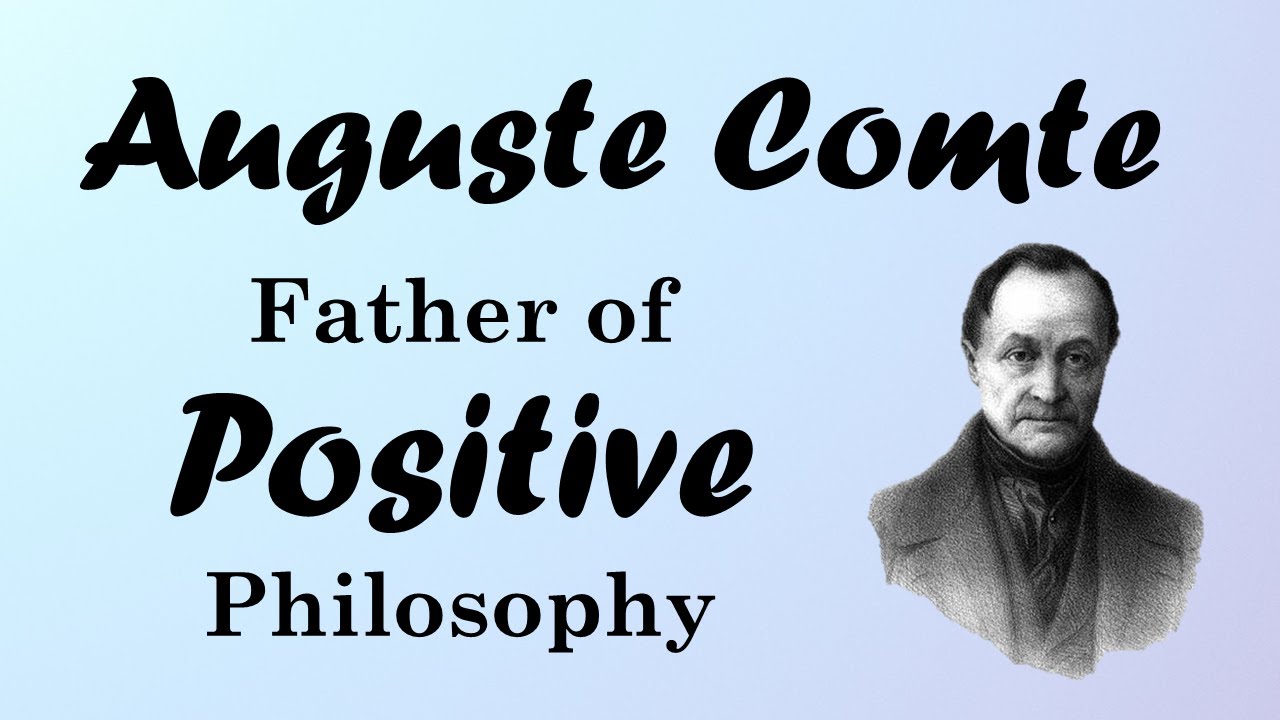It was Auguste Comte (1798-1857) who coined the term positivism. His recommendations for bettering the human conditions retained some of the utopian and messianic qualities of Saint-Simonian teachings.
Comte applied the term positivist to the third stage of humanity’s attitude toward the world. First, in the infant period of history, humanity was in the theological age, standing in awe and fear of nature and seeking to placate the gods that controlled it.
Second, in the adolescence of human history, metaphysical concepts replaced divinities as the perceived controlling forces of the world. Finally, science would enable people to understand nature without recourse to theological or metaphysical intermediaries, so that they might take positive action to manipulate the world to their advantage.
In many ways Comte was simply restating the Enlightenment’s optimistic faith in the miracle-working potential of science. Yet he also realized that the French revolutionary attempt to build a new society from the blueprints of eighteenth-century intellectuals had ended in terror and dictatorship.
Accordingly, Comte concluded, utopia must be achieved peacefully through dedicated teaching, so that the masses could free themselves from their old dependence on theology and metaphysics. Comte envisaged these liberators as preachers of a new “religion of humanity,” but his critics argued that they were propagandists of a new positivist dogma that might be more intolerant than old religious dogmas.
The attraction of Comte’s positivism lay in assembling diverse beliefs and arranging them with new emphases. The social problem was growing more urgent every day, he felt, and humanity required a sweeping intellectual system if it was to resolve its problems before destroying itself. Comte scorned metaphysical philosophy in favor of systematized common sense, as he called his views. In so calling them, he hoped to appeal to women, to the working class, and to those who were generally thought (wrongly) to be unable to deal with abstract reasoning.
Positivism found clear expression in public issues. In Britain, Comte’s arguments were used to formulate debate on “the condition-of-England question” and also on whether the British ought to intervene directly in their nonwhite colonies in order to effect social change.
In France those who rejected both the Revolution and the restoration of the monarchy found in positivism a way to enjoy bourgeois comforts while rejecting bourgeois values. The movement was solidly middle class, generally professional and academic.
In an age acutely aware of history, the positivists believed that they could bring to history and society the predictive abilities of science. This was a comforting doctrine that formed an ethical bridge between science and religion.

